The world's tech giants face tighter scrutiny from the EU after the Digital Markets Act was passed this week.
The European Commission has released a list of “six gatekeepers”, which include names with annual revenue of over 7.5 billion euros ($8 billion) or 45 million monthly active users in the bloc: Amazon, Alphabet (Google), Apple, Microsoft, Meta (Facebook) and ByteDance.
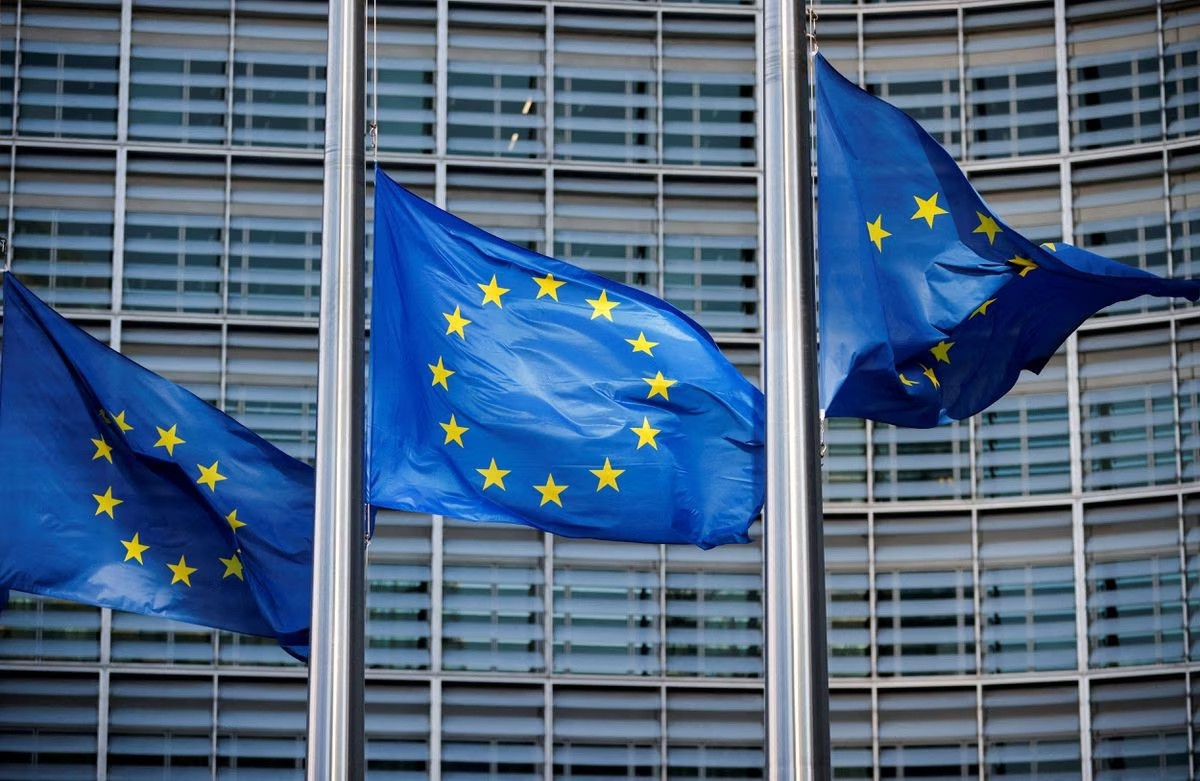
Companies on the list have six months to comply with new regulations, such as prohibiting users from removing any pre-installed software or applications and making it easier for partners to provide services on the platform.
“We expect companies to comply with the new rules, otherwise fines could be as high as 10% of global turnover,” said Thierry Breton, the EU commissioner responsible for the internal market. The fines could rise to 20% if companies continue to fail to comply.
The EU is confident in the sanctions of the new regulation, affirming that it has “sufficient tools, not even excluding the possibility of breaking up large technology companies” but hopes it will not have to use strong measures.
Meanwhile, Microsoft and Apple argue that their services, Bing and iMessage, are not covered by the Digital Markets Act. The EU has now set up a working group to review over the next five months whether the services of the two tech giants are fair.
In recent years, Europe has increasingly tightened its management of technology companies, sparking criticism that the EU is “anti-American” because most big-tech is headquartered in the world’s largest economy .
“Successful companies, European or non-European, can join our digital market, which is much larger than the single market in the United States. This is very attractive and all businesses benefit,” Breton told CNBC.
In addition to the Digital Markets Act, the EU has also passed the Digital Services Act, which makes online platforms legally liable for the content they publish. Failure to comply can result in heavy fines or a ban from operating in the EU.
Some tech companies have already been put through a stress test before the new rules come into effect. Platform X (formerly Twitter), for example, was required to tackle illegal content and misinformation spreading on the social network.
Amazon Marketplace, Apple AppStore, Instagram, TikTok and GoogleSearch are among the 19 online platforms that must comply with the strict rules, while more companies, including Netflix and Airbnb, could be added to the list in the coming time.
(According to CNBC, Reuters)
Source



![[Photo] Ready for the top competitions of Vietnamese table tennis](https://vphoto.vietnam.vn/thumb/1200x675/vietnam/resource/IMAGE/2025/5/18/9c547c497c5a4ade8f98c8e7d44f5a41)
![[Photo] Many young people patiently lined up under the hot sun to receive a special supplement from Nhan Dan Newspaper.](https://vphoto.vietnam.vn/thumb/1200x675/vietnam/resource/IMAGE/2025/5/18/6f19d322f9364f0ebb6fbfe9377842d3)
![[Photo] Party and State leaders attend the special art program "You are Ho Chi Minh"](https://vphoto.vietnam.vn/thumb/1200x675/vietnam/resource/IMAGE/2025/5/18/6895913f94fd4c51aa4564ab14c3f250)




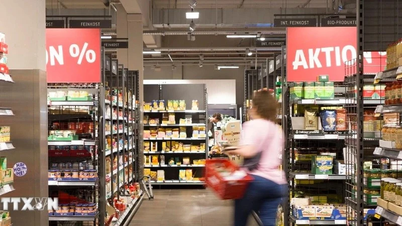












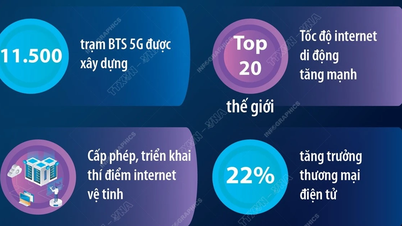





























































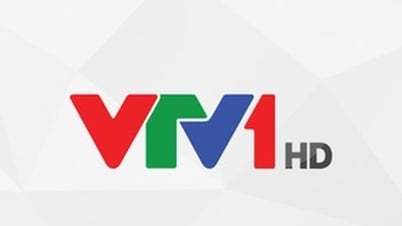

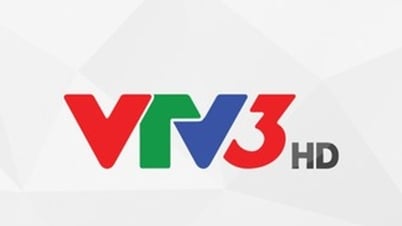













Comment (0)